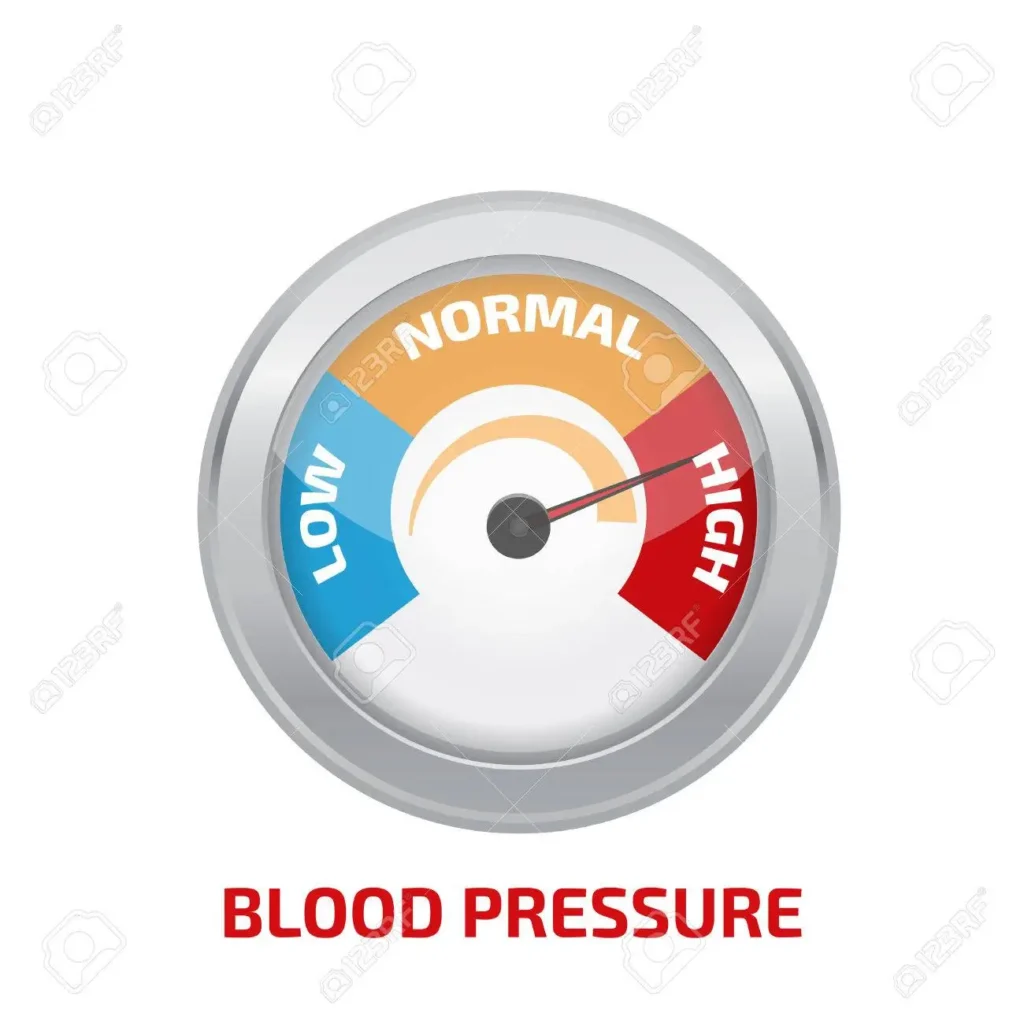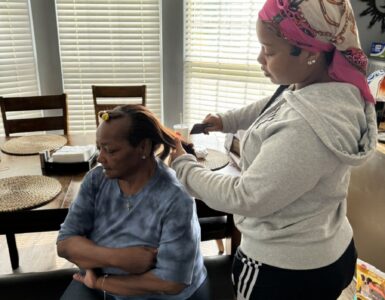By Maddison Cole
What is hypertension and does it seem to run in your family? If so, are you guaranteed to get it as well? Well, hypertension is technically just another word for high blood pressure. Now, how do you know if you have a family history of high blood pressure?
Well the CDC says, “A family history of high blood pressure means you have someone in your family (a blood relative such as a mother, father, sister or brother) who has or had high blood pressure before the age of 60. The more family members you have with high blood pressure before the age of 60, the stronger the family history of high blood pressure.”

The more close relatives you have the more likely you are to get high blood pressure, according to a study by J-Stage, a news website stationed in Japan. “The probability of getting hypertension grows/increases with the number of family members you have with hypertension,” the study says. “For example, if only one family member has hypertension, your chances of having it as well are low. If you have three, four, five, six, seven, eight, nine or more family members with hypertension, however, your likelihood of having it is much higher.”
Now, are you guaranteed to get hypertension as well? No. Dr. Mark Johnson, a Howard physician and professor, said, “There is a genetic component, but as long as you keep a low-salt diet, maintain your weight and exercise, then there is a low chance of you having high blood pressure.”
The CDC seems to agree with his words, but does add a few more things to the list: “You should get your blood pressure checked at least once a year to make sure it is within normal levels. Reduce other risks for high blood pressure by eating healthy foods, using less salt, exercising, losing weight if needed and stopping smoking.”
These are some pretty basic requirements from both sides. They are basically asking you to keep yourself healthy. Now, what if you already have or think you might have high blood pressure? Well, you’ll need to lower it, and here is how you can do that.
The Texas Heart Information Center says to, “start eating a low-fat and low-salt diet, lose weight if you need to, begin a regular exercise program, if you smoke then quit, drink alcohol in moderation if at all, and control obstructive sleep apnea (OSA) if you have it.” So the requirements are much the same for preventing and lowering high blood pressure. It is to control your habits and keep yourself healthy!
What are some of the symptoms of high blood pressure?
Well, some of the most common symptoms, according to the Texas Heart Information Center, are pounding in the head or chest, lightheadedness and dizziness. There are more symptoms of course, but these are the most common. Now, if your high blood pressure is not properly treated, it can affect your health in four main ways. These ways are hardening arteries, enlarged heart, kidney damage or eye damage.
So, experts say that the key is to prevent it from the start. Stay healthy, and take care of yourself, Dr. Johnson recommends. Don’t let high blood pressure hold you back!





Recent Comments